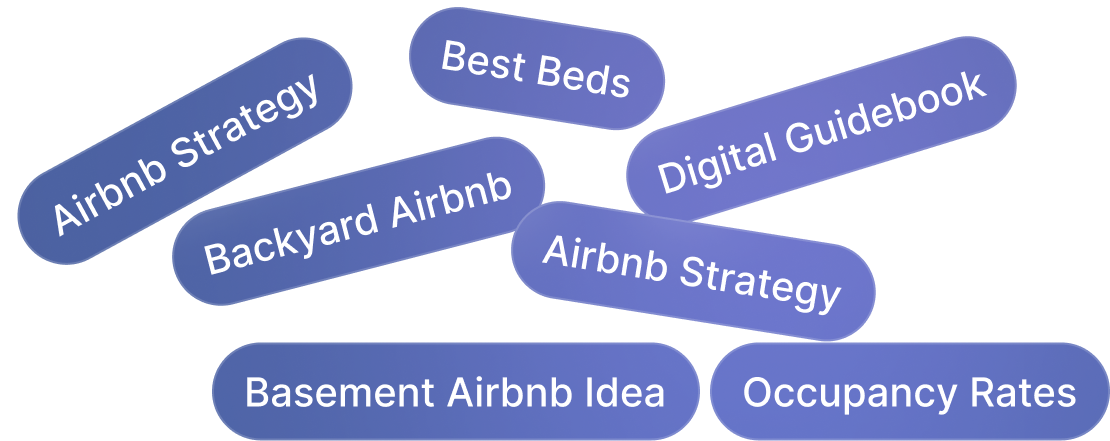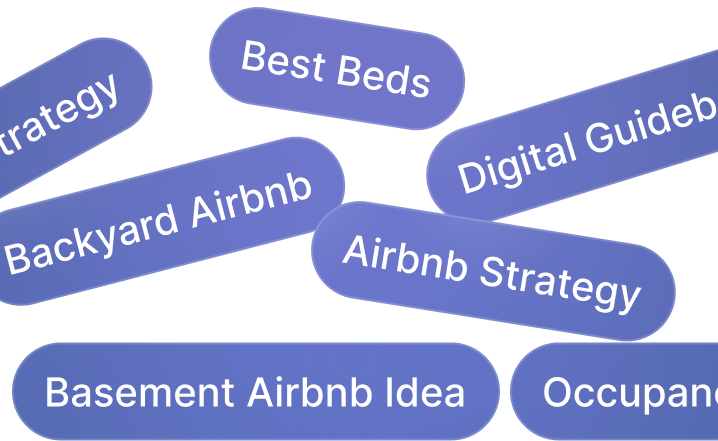As you may have noticed throughout your short-term rental career, some properties include an amenity fee in their total cost. But what is an amenity fee? For guests, it’s a fee that is used to cover an additional experience that the property may provide. For hosts, the amenity fee helps cover the little extra perks that allow you to provide more value to your guests. This post will walk you through what an amenity fee is and how you can leverage it with your guests.
Host Tools provides an automated, unified calendar for short-term rental hosts, allowing you to seamlessly list on all major channels. Start your free trial today!

What is an amenity fee?
Basically, an amenity fee is an additional charge that property owners charge guests to cover the extra amenities they are using. For example, a host might charge an amenity fee to cover things like:
- Swimming pool
- Fitness center
- High-speed WiFi
- Parking
- Beach access
- Concierge services
What items are considered an amenity fee?
An amenity fee is its own fee, separate from your cleaning, service, or pet fees. You should not loop these together. For example, most guests won’t be traveling with a pet; therefore, it wouldn’t make sense to say that your amenity fee is covering pet cleaning costs.
Why would hosts charge amenity fees?
Hosts may want to charge an amenity fee because it will allow them to provide an elevated experience to guests and better compete with other short-term rentals. Plus, it helps offset the cost of providing these luxury amenities to guests.
How to manage amenity fees
It’s important to be thoughtful when setting amenity fees. Guests need to clearly see and understand the value that the amenity fee provides; otherwise, they probably won’t be very happy about shelling out the extra cash. Remember to be open about the fee from the beginning, be reasonable in the price you’re setting, and make sure that the experience of the amenities really does live up to the cost.
How Host Tools can help
As you well know, managing a short-term rental can come with a lot of tedious tasks. That’s where Host Tools steps in. Our platforms provide hosts with tools to help automate their business as much as possible. Our services let you manage cleaners, integrate with smart locks, sync your booking calendar across platforms, and a whole lot more. We make hosting easier and open up your schedule so you’re not bogged down with managing the day-to-day of your rentals.
Final thoughts
An amenity fee is more than just a random extra charge for your guests. It’s an opportunity to provide more bang for their buck and ultimately get more green in your pocket. Consider when amenity fees might be needed and work with Host Tools to maximize your business from the get-go!
Host Tools provides an automated, unified calendar for short-term rental hosts, allowing you to seamlessly list on all major channels. Start your free trial today!





